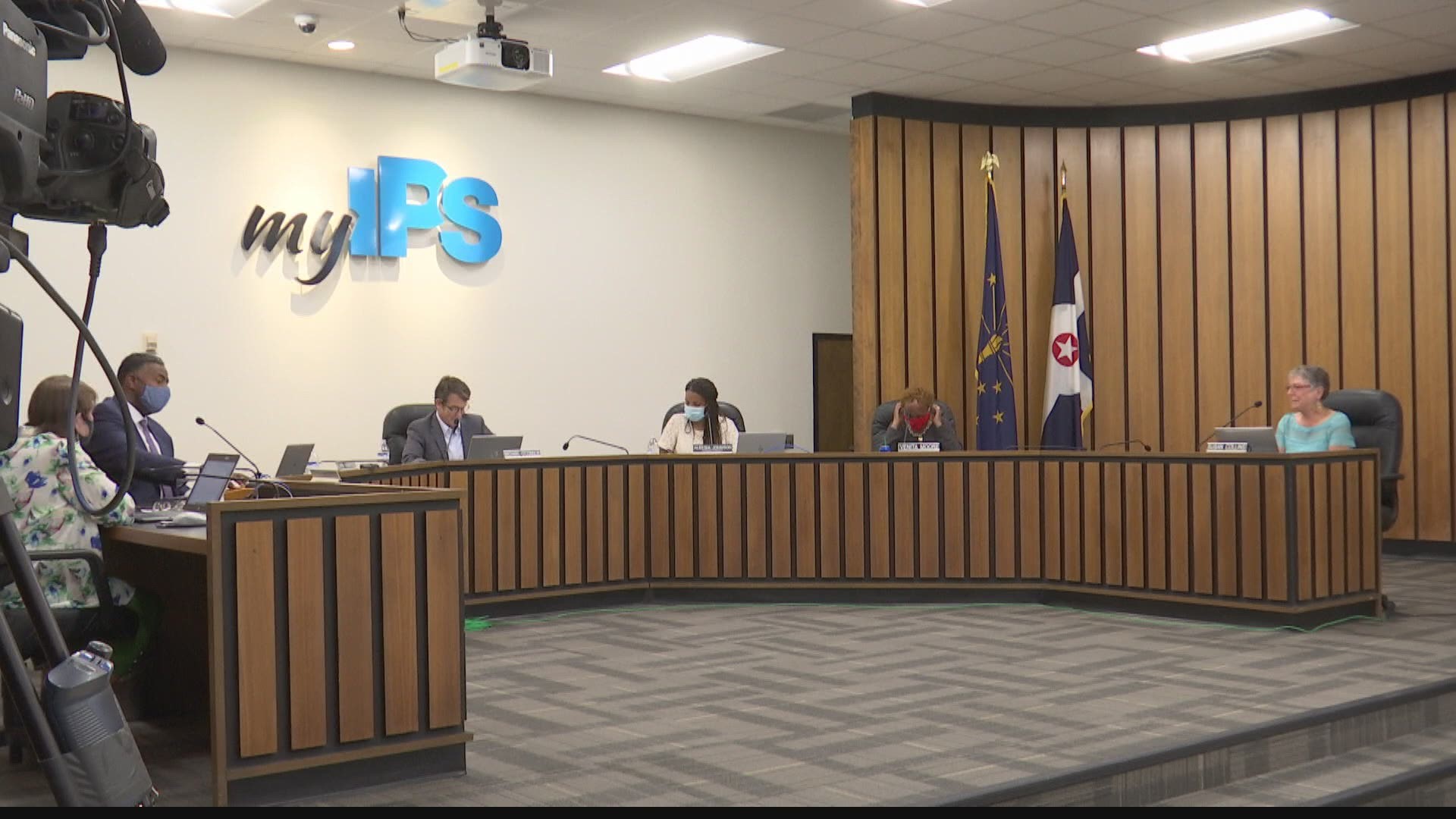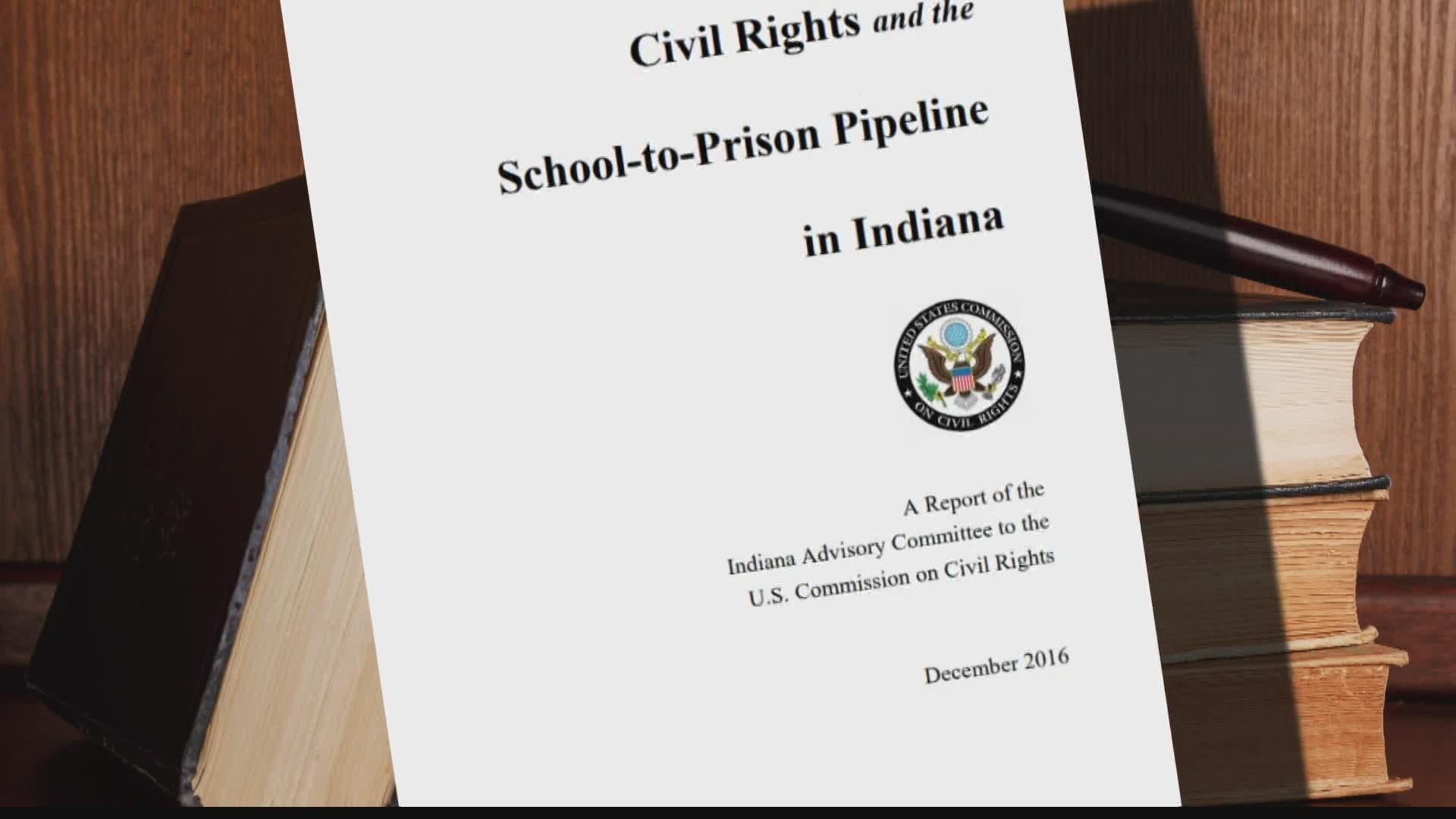INDIANAPOLIS — The Indianapolis Public Schools board adopted a new policy to address racial equity within the school system Thursday night.
The board unanimously approved the Racial Equity Mindset, Commitment & Action policy. It sets up a plan to set racial equity as the foundation for serving their students.
“There is absolutely no reason that we should be able to predict which students will perform the best and which students will perform the worst before our students even enter our school buildings,” said IPS Superintendent Aleesia Johnson.
The policy will implement several actions, including:
- Creating an infrastructure for all IPS staff members to have access to robust professional learning experiences around racial equity.
- Activating and responding accordingly to support the district's most vulnerable communities, especially in the event of an unprecedented crisis (e.g., a global pandemic).
- Expanding ongoing efforts to identify and address racial disparities and disproportionalities in school suspensions, expulsions and academic outcomes.
- Intentionally ensuring all students have access to high-quality, culturally relevant curriculums and instructional materials.
"All of our 31,000 students deserve the best instructors, classroom environments, curriculum and technology to reach their full potential now and in the future," said Johnson.
IPS said it created the policy to tackle racial disparities.
"The root cause of the school-to-prison pipeline was racial bias," said NAACP Indianapolis Education Chair Dr. Gary Holland.
"You put your money where your mouth is and put accountability in writing," said board member Susan Collins.
The policy states that it's meant to be a framework to mitigate or reduce bias.
"Black students over-represented in negative indicators...42% are students of color. We need to not be able to predict our students' performance based on their color," Johnson said.
The district's Teacher of the Year said one tool is to have an inclusive curriculum. Jack Hessler said he taught his students at Hershman Middle School about rockets, while having students read "Hidden Figures" to learn about the team of Black women who came up with the math.
Hessler teaches in a predominantly Black school and said it's important to understand implicit bias.
But many questions were left unanswered. It's unclear how these new tools are going to help address the educational and disciplinary gap.
In Indiana, White students are nearly twice as likely as a Black student to be enrolled in an Advanced Placement class and black students are four times as likely to receive an out-of-school suspension compared to their White peers.
It was also not clear what will be done to ensure the quality of skill level of teachers is equivalent among all IPS schools.


